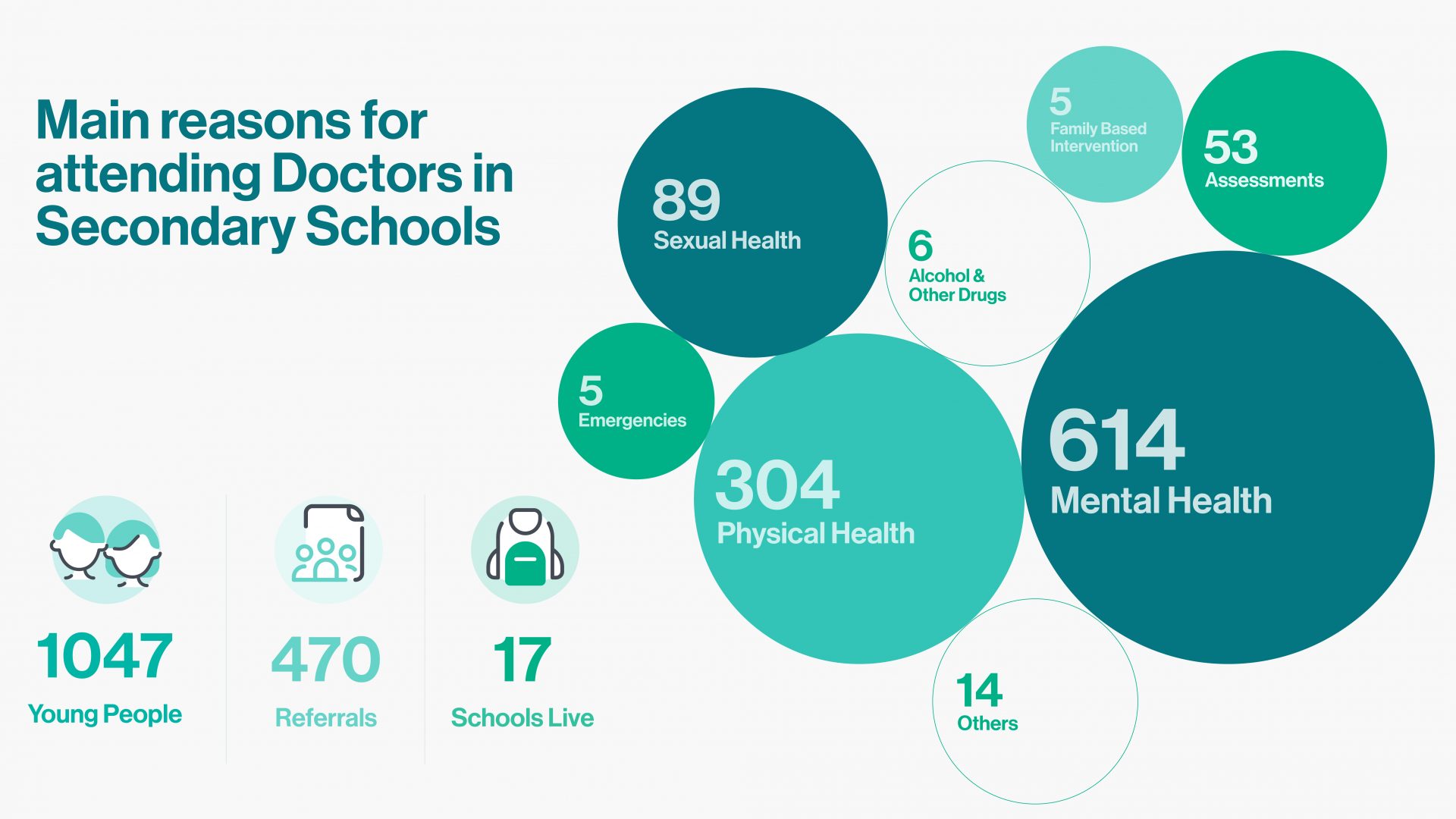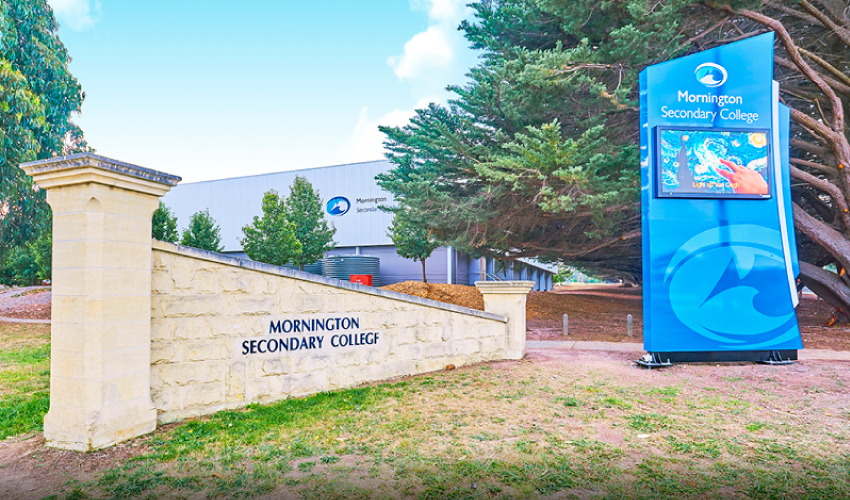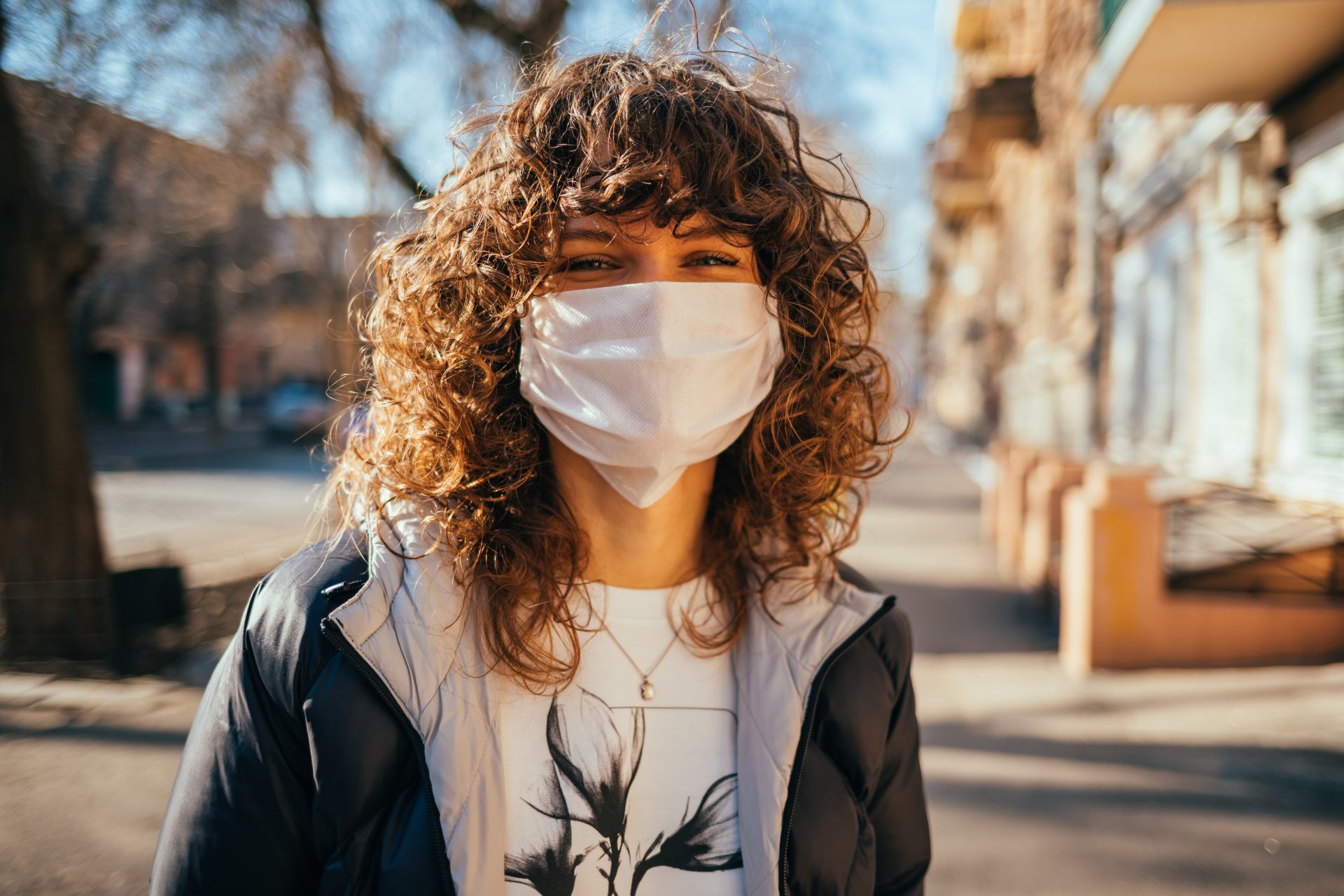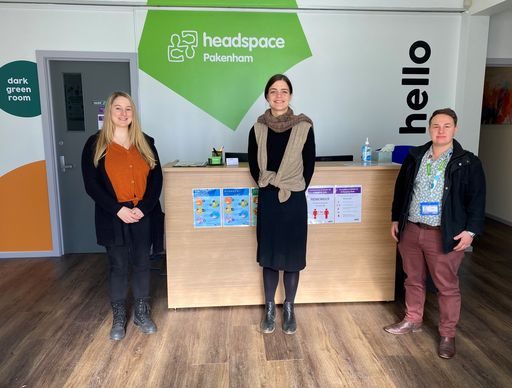Improving mental health and wellbeing of young people
Around 18% of our population are aged 0 to 14 years and around 13% are aged 15 to 24 years
Evidence shows that in the past 12 months, approximately 14 per cent of young people aged 12 to 17 years experienced mental health disorders with an estimated increase of 26 per cent for young people aged 16 to 24 years experiencing at least one mental health disorder in the preceding 12 months.
The Longitudinal Surveys of Australian Youth (LSAY) conducted a survey in 2020 to understand the impacts of COVID-19 on young people.
The survey demonstrated young adults aged 18-24 years had increased levels of anxiety and stress compared to older Australians.
Compared to pre COVID, a proportion of young adults experiencing severe psychological distress increased from 14 per cent in 2017 to 22 per cent in April 2020. These were likely associations to the socio-economic impacts of COVID-19 for this age cohort.
The COVID pandemic has continued to have a significant impact on the wellbeing of young people resulting in increased demand for support. Responding to these needs has proved challenging. Workforce availability has been a major barrier in delivering vital services during a time when they are most needed.
In 2020-21, we offered additional funding across five existing headspace sites in our region to help reduce wait times for young people needing to access the service.
We also invested over $120,000 to deliver a counselling service to help reduce and manage COVID mental distress in children in prep to year 12. This service is being delivered by Family Life and has supported 36 children and families to-date.
Accessible medical care and wellbeing support for secondary school students
Students have continued to receive medical advice and health care at 17 secondary schools across south east Melbourne as part of the Doctors in Secondary Schools (DiSS) program.
Funded by the Victorian Government, the DiSS program aims to:
- make primary health care more accessible to students
- provide assistance to young people to identify and address any health problems early
- reduce the pressure on working parents.

95% of eligible schools in south east Melbourne were matched with a general practice
In 2020-21, 11 general practices provided medical support to 17 schools across the catchment. The data collated from the schools in 2020-21 shows more than 50% of students accessed the program for their mental health

Mornington Secondary College
In 2020-21 the Mornington Secondary College DiSS program saw 49 new students and 122 recurring students

Dr Stephanie Ryan or ‘Dr Steph’ as the students call her, has been a General Practitioner (GP) in the Mornington region for over twenty years. Three years ago, she joined the Doctors in Secondary Schools program. “I’m there because I love it. It’s rewarding and exciting.”
A purpose-built clinic provides a relaxed and confidential setting on the school campus. Tucked away in a quiet space, Dr Ryan describes the program as ‘driven the whole time by what young people need.’
In the beginning, Dr Ryan confesses, she wasn’t sure how the service would be accepted. Today the clinic has expanded from four hours a day to full time. Consultations cover everything from general health like ear infections, to gender identity, sex and sexuality, pregnancy, and mental health concerns.
“Seeing a GP while at school is a great opportunity for a young person who’s learning to be an adult and looking to establish independence and a sense of privacy. I feel privileged to be part of that experience.”
The way young people find their way to the clinic varies. Initially the service was advertised in the school newsletter and parents, seeing the convenience, arranged the appointments. Sometimes the school Wellbeing Team referred students. More recently, Dr Ryan sees young people who are more aware of their own needs and are happy to attend, sometimes with their peers if they felt more comfortable or sometimes alone. The ability to build relationships and get to know a young person within a safe space, is the foundation of the service.
During COVID-19 lockdowns Dr Ryan relied on a mix of telehealth and face-to-face consultations to support her young patients. “The needs were greater and so was the demand. I was very grateful for the government’s telehealth option and extended Mental Health Plans. It meant I could help a young person deal with the pressure of any anxieties relating to remote learning, or when the home environment wasn’t safe.”
Looking back to when she first started as a Doctor in a Secondary School, Dr Ryan is thankful for the support from the skilled and devoted teams at SEMPHN and headspace.
“Over the past three years nothing was left unchartered. I’ve had access to great education, advice for reporting and background support. I really feel very privileged, and I encourage other GPs to get involved.” – Dr Ryan
New headspace site for Pakenham
In 2020-21 Pakenham headspace provided 652 occasions of service to 256 young people
In July 2020, SEMPHN celebrated the opening of a new headspace satellite service in Pakenham.
The new site formed part of the Australian Government’s investment in 2019 of more than $111 million to increase the number of headspace sites from 115 to 145.
The Pakenham satellite complements parent site headspace Narre Warren services and has been essential to supporting the mental and physical wellbeing of young people living in Pakenham and surrounding regional suburbs.
The service is being delivered by EACH, which also supports young people’s mental health in the catchment through existing headspace sites in Narre Warren, Dandenong and Hastings.
SEMPHN now supports a total of seven headspace services including satellite sites across the catchment. headspace services are for young people aged 12 – 25 years to seek help and access early intervention mental health services in addition to physical and sexual health, alcohol and other drug (AOD) and work and study support.
headspace Pakenham is currently co-located with Cardinia Shire Youth Services at ‘The Point’, operating 3.5 days per week. For more information visit https://headspace.org.au/headspace-centres/pakenham/.






 More services to meet mental health needs
More services to meet mental health needs
 Adopting new ways to help young people
Adopting new ways to help young people

